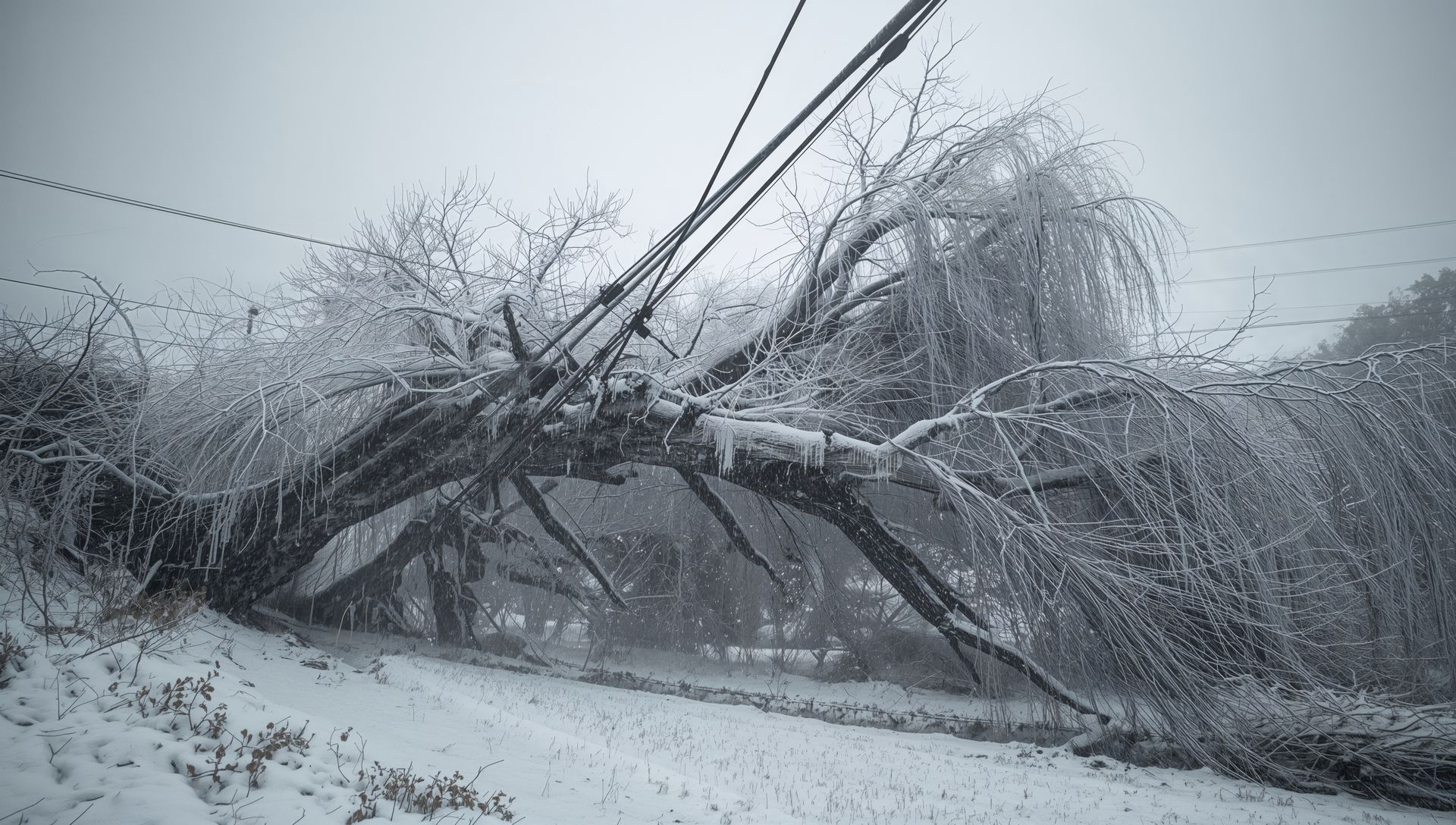Don’t Judge My Grief
Through sheer will-power she had managed to get ready, forced herself to leave her house and drive, of all places, to the funeral home to order more Christmas ornaments. Her son’s name would be on them, his dates of birth and death also engraved there. His death had been, and still was, devastating. Life had ground to a halt and there were days when she could barely function, when it seemed there was no reason to continue. In the conversation that usually comes when the newly bereaved enter our office, she talked about the struggle, how hard it was, how overwhelming. And then she related a comment made by a “friend”, someone who, for whatever misguided reason, observed that she must not be grieving too much. After all, she hadn’t lost any weight.
Excuse me?
This poor, struggling soul felt the need to explain to people who cared and understood, but knew her only through her loss, that she was a comfort eater. Where others might have no appetite, she ate . . . and ate . . . and ate. Her grief compelled it, demanded it. Because of the thoughtless remark of one person, she felt a need to justify her response to a loss most of us will be blessed never to experience—a remark that only served to send her further into the already overwhelming depression from which she was suffering.
It angered those of our number who stood close by, and those of us to whom the story would be told later. It angered us because that one remark was so callous and so unnecessary. It served no useful purpose and its utterance defied comprehension. And we could not help her. Although we could and would willingly listen, we could not bring back her child. We could not lessen her pain—and we could not take away those terrible words. They will forever echo in her mind, condemning her for not grieving according to someone else’s standards.
Let me make one thing perfectly, abundantly clear. No one has a right to find fault with someone else’s grief. Period. Even if you think you’ve walked in their shoes because your parent or spouse or child died, you haven’t because everyone’s grief is different. Grieving people are like snowflakes, no two are ever the same, and to judge someone else’s response to death and loss by your own shows a complete lack of compassion and understanding of that person’s pain. Are there those whose grief becomes unnatural and prolonged, threatening to seize control of their lives with a grip that will never lessen? Yes, but hurtful comments and well-intentioned but unreasonable demands will not help them to move forward.
Grief is painful. Grief is overwhelming. Grief can and will last a lifetime, raising its ugly head again and again as the years pass. If confronted in the beginning, if embraced as the natural response to loss, it can and will fade with time, becoming manageable, subsiding into a gentle sadness and a longing for what once was. But if grief is not granted its rightful place at death, if it is denied at the insistence of others, there can be no recovery, no acceptance that life, although vastly different, can still be worthwhile. Don’t be the person who demands that denial or insists that someone’s grief is not sufficient based on the outward signs. Be the one who understands and, in love and compassion, listens and encourages for as long as necessary. If you live long enough, the day will come when you will need the same.
The post Don’t Judge My Grief appeared first on Shackelford Funeral Directors | Blog.












